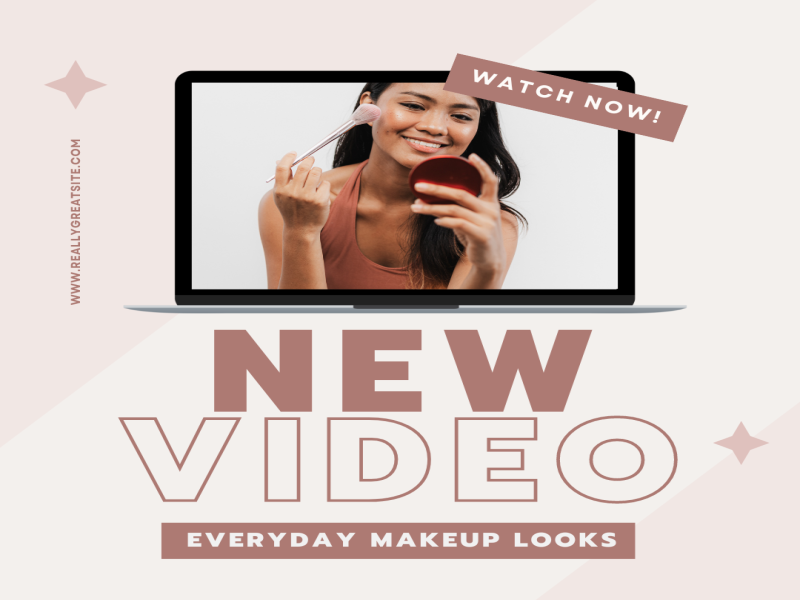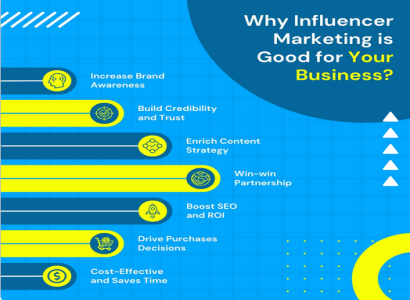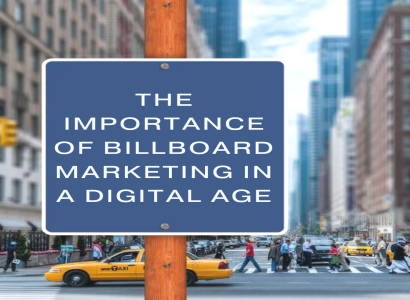The Importance of Influencer Marketing in the Modern Business Landscape

In the ever-evolving world of marketing, few strategies have proven as transformative as influencer marketing. As traditional advertising methods face increasing skepticism from consumers, brands are turning to influencer to build trust, engage audiences, and drive conversions. But what makes influencer marketing so important in today's business environment? Let's explore its key benefits and why it's a critical component of modern marketing strategies.
Building Authentic Connections: One of the primary reasons influencer marketing has become so influential is its ability to foster authentic connections with consumers. Influencers, whether they are celebrities, industry experts, or everyday social media users with a loyal following, have built trust with their audience. Their recommendations often carry more weight than traditional ads because they are perceived as genuine and relatable. This authenticity is crucial in a marketplace where consumers are increasingly wary of overly polished and sales-driven content.
Targeted Reach: Influencer marketing allows brands to reach highly targeted audiences. Influencers often have niche followings that align with specific interests, demographics, or industries. By partnering with the right influencer, brands can ensure their message reaches a relevant and engaged audience. For instance, a fitness brand collaborating with a health and wellness influencer can effectively target health-conscious consumers, ensuring a higher likelihood of engagement and conversion.
Enhanced Credibility and Trust: Consumers are more likely to trust recommendations from people they follow and admire. When an influencer endorses a product or service, it comes with an implicit seal of approval that can significantly boost a brand's credibility. This trust translates into higher engagement rates, increased website traffic, and ultimately, more sales. In fact, studies have shown that consumers are more likely to purchase a product based on an influencer's recommendation than through traditional advertising methods.
Increased Engagement: Influencers have a unique ability to engage their followers in ways that brands often cannot. Through content like reviews, tutorials, and live demonstrations, influencers create interactive and relatable experiences for their audience. This level of engagement not only helps in capturing attention but also encourages active participation from the audience, such as likes, comments, shares, and even direct purchases.
Cost-Effective Marketing: Compared to traditional advertising channels, influencer marketing can be a cost-effective strategy. Brands can work with micro-influencers—those with smaller, but highly engaged followings—often at a fraction of the cost of a large-scale advertising campaign. Despite their smaller reach, micro-influencers often deliver higher engagement rates, making them a valuable asset for brands looking to maximize their marketing budget.
Versatility Across Platforms: Influencer marketing is versatile and can be adapted across various social media platforms, including Instagram, YouTube, TikTok, and Twitter. Each platform offers unique opportunities for content creation and audience engagement. For example, Instagram is ideal for visually-driven campaigns, while YouTube allows for longer, more in-depth content like tutorials and reviews. This versatility enables brands to tailor their approach based on the platform and the influencer's strengths, ensuring the best possible outcome.
Driving Conversions and ROI: Influencer marketing is not just about building awareness; it’s also highly effective in driving conversions. By using trackable links, promo codes, and affiliate partnerships, brands can directly measure the return on investment (ROI) from influencer campaigns. Many brands have seen substantial ROI from influencer marketing, as these campaigns often lead to immediate sales and long-term customer loyalty.
Content Creation and Amplification: Influencers are content creators by nature. They excel at producing engaging and creative content that resonates with their audience. By collaborating with influencers, brands can leverage this content for their own marketing efforts, amplifying their message across multiple channels. This user-generated content (UGC) not only adds value to a brand’s marketing assets but also provides social proof, further strengthening the brand’s credibility.
Influencer marketing has emerged as a powerful strategy in the digital marketing toolkit, offering a unique blend of authenticity, targeted reach, and engagement. In a world where consumers are increasingly skeptical of traditional advertising, influencers provide a trusted voice that can cut through the noise and connect with audiences on a personal level.
By integrating influencer marketing into their broader marketing strategy, brands can build stronger connections with their target audience, increase credibility, and drive measurable results. As the digital landscape continues to evolve, the importance of influencer marketing is only set to grow, making it an essential component of any successful marketing campaign.


